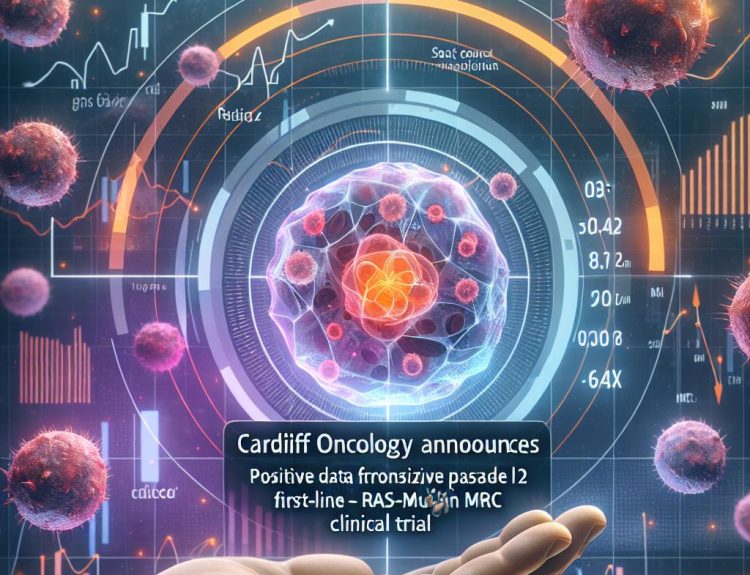Opus Genetics has forged a strategic partnership with the global RDH12 Alliance to accelerate the development of OPGX-RDH12, a gene therapy for RDH12-associated Leber congenital amaurosis (LCA). This collaboration marks a significant shift in how rare disease therapies are funded and developed, showcasing the increasing power of patient advocacy groups in driving innovation. The alliance, comprised of RDH12 Fund for Sight in the US and Eyes on the Future in the UK, will contribute up to $1.6 million to the program, coupled with a risk-sharing model and performance milestones.
This partnership transcends traditional funding models. It represents a deep integration of patient perspectives into the core of drug development, from clinical trial design to regulatory strategy. For Opus, this direct collaboration offers invaluable access to patient communities, facilitating recruitment for clinical trials and providing real-world insights into the disease burden. This approach stands in contrast to the often-siloed relationship between biopharma companies and patient groups, potentially offering a more efficient and patient-centric development pathway.
RDH12-LCA, a devastating inherited retinal disease affecting thousands globally, leads to progressive vision loss, often beginning in early childhood. The urgency to find effective treatments is palpable, underscored by the personal stories of the alliance leadership, many of whom are parents of children affected by the disease. This urgency highlights the growing trend of patient-driven research, where affected individuals and their families play a central role in advocating for and funding therapeutic development.
The OPGX-RDH12 gene therapy utilizes an adeno-associated virus (AAV) vector to deliver a functional copy of the RDH12 gene directly to retinal photoreceptors. Early preclinical data suggest promising restoration of RDH12 activity and functional vision improvements. This aligns with broader industry trends towards gene therapy as a viable treatment option for previously intractable genetic disorders. However, challenges remain in areas such as long-term efficacy, immune responses, and manufacturing scalability, all of which will be critical factors in determining the success of this program.
This partnership represents a compelling case study for the evolving landscape of rare disease drug development. The commitment of patient advocacy groups, coupled with Opus’ gene therapy expertise, has the potential to accelerate the path towards a much-needed treatment for RDH12-LCA. The success of this collaboration could serve as a blueprint for other rare disease communities and inspire further investment in patient-centric research models. It also raises important questions about how such partnerships can be sustainably scaled across the broader rare disease spectrum, where unmet medical needs remain vast. Ultimately, the true measure of this collaboration’s success will be its ability to translate promising preclinical data into a clinically meaningful therapy that improves the lives of individuals living with RDH12-LCA.
Jon Napitupulu is Director of Media Relations at The Clinical Trial Vanguard. Jon, a computer data scientist, focuses on the latest clinical trial industry news and trends.







